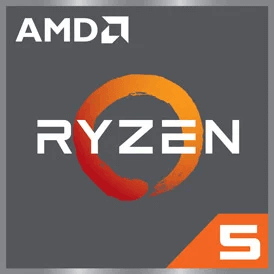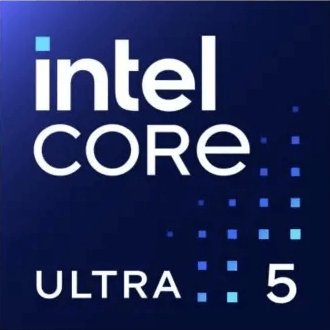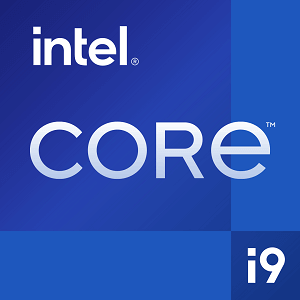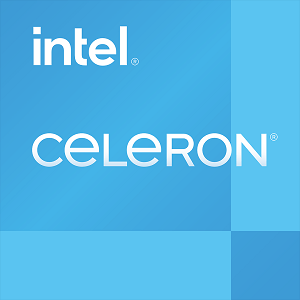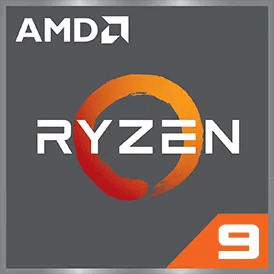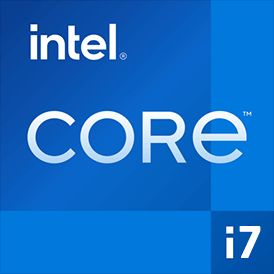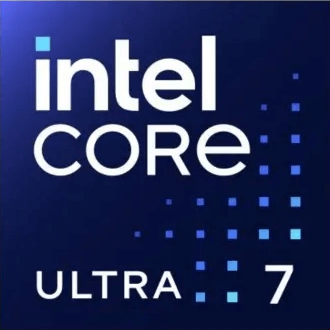AMD Ryzen 5 7500F vs Intel Processor 300T
We compared two desktop CPUs: AMD Ryzen 5 7500F with 6 cores 3.7GHz and Intel Processor 300T with 2 cores 3.4GHz . You will find out which processor performs better in benchmark tests, key specifications, power consumption and more.
Main Differences
AMD Ryzen 5 7500F 's Advantages
Higher specification of memory (5200 vs 4800)
Larger memory bandwidth (83.2GB/s vs 76.8GB/s)
Higher base frequency (3.7GHz vs 3.4GHz)
Larger L3 cache size (32MB vs 6MB)
More modern manufacturing process (5nm vs 10nm)
Intel Processor 300T 's Advantages
Released 6 months late
Newer PCIe version (5 vs 5.0)
Lower TDP (35W vs 65W)
Score
General Parameters
Jul 2023
Release Date
Jan 2024
Amd
Manufacturer
Intel
Desktop
Type
Desktop
x86-64
Instruction Set
-
Zen 4 (Raphael)
Core Architecture
Raptor Lake-S
AM5
Socket
Intel Socket 1700
No
Integrated Graphics
UHD Graphics 710
Ryzen 5 (Zen 4 (Raphael))
Generation
Intel Processor (Raptor Lake)
Package
6.5 billions
Transistor Count
-
5 nm
Manufacturing Process
10 nm
65 W
Power Consumption
35 W
95 °C
Peak Operating Temperature
-
TSMC
Foundry
Intel
71 mm²
Die Size
163 mm²
6 nm
I/O Process Size
-
122 mm²
I/O Die Size
-
CPU Performance
6
Performance Cores
-
12
Performance Core Threads
-
3.7 GHz
Performance Core Base Frequency
3.4 GHz
5 GHz
Performance Core Turbo Frequency
0
6
Total Core Count
2
12
Total Thread Count
4
100 MHz
Bus Frequency
100 MHz
37
Multiplier
34.0
64 K per core
L1 Cache
80 KB per core
1 MB per core
L2 Cache
1.25 MB per core
32 MB shared
L3 Cache
6 MB shared
Yes
Unlocked Multiplier
No
1
SMP
1
Memory Parameters
DDR5-5200
Memory Types
DDR4-3200, DDR5-4800
128 GB
Max Memory Size
-
2
Max Memory Channels
2
83.2 GB/s
Max Memory Bandwidth
76.8 GB/s
Yes
ECC Memory Support
No
